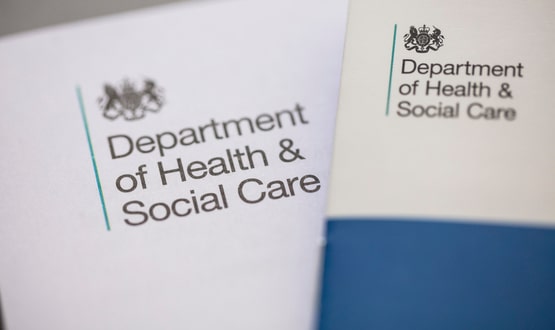Labour unveils new life sciences sector plan in a bid to increase growth
- 30 January 2024

Labour Tuesday unveiled a new life sciences sector plan that it said will create thousands of jobs and inject growth into research and development investment.
The plan is designed to turbocharge pharmaceutical research and development in Britain and could increase research & development (R&D) investment in the pharmaceutical sector by £10 billion a year, Labour said in a press release.
Launching the sector plan at Stevenage Bioscience Catalyst’s laboratory in Stevenage with Shadow Health and Social Care Secretary Wes Streeting, Labour’s Shadow Science, Technology and Innovation Secretary Peter Kyle said the NHS should be ‘an engine for innovation’ for the UK and that the latest wave of technology could be ‘transformational’ for the discovery and delivery of medical treatments.
Funding, Data and NHS support for innovation
Labour’s plan, Kyle added, is a ‘commitment to grow the sector to its full potential’ including creating certainty for innovation but taking a long-term approach to public funding. This would involve setting 10-year budgets for R&D institutions such as UKRI.
Its R&D funding commitment also would include creating a more streamlined funding process and increasing the number of spinouts from universities through an innovation funding structure that can allow more of them to scale up successfully.
It promises to ensure the NHS uses innovation to improve health outcomes, in part by developing a ‘comprehensive innovation and adoption strategy in England, working with industry, patients and ICSs.
In addition, the release notes: ‘Labour also recognises that as a universal, single payer system serving a diverse population, the NHS has the potential to lead the world in clinical trials to develop new life saving treatments and technologies.’
As part of this process, Labour would commit to speeding up recruitment of patients to trials and giving more people a chance to participate ‘wherever they live in Britain’ by working with devolved nations and identifying patients who would benefit through NHS data. It pledged to ‘improve the diversity of people who participate so we test treatments on populations that better reflect the people who need them.’
With regard to data, the plan pledges to deliver on existing work to create linked secure data environments and ensure proper federation of data sets, with a single access point for researchers to use data from genomic resources such as UK Biobank and Our Future Health.
It promises to ensure that there is a senior official accountable for delivery across organisations within the DHSC. It also pledges to ‘seize the opportunity NHS Federated data platform offers’ by using the FDP to improve the use of data in a ‘safe and secure way’. The plan reiterates vows by politicians in both main parties to make the NHS App a “one stop shop” for health information.
Addressing decline in sector
The press release noted that, while Britain has incredible companies and talent in the life sciences, under the Tories the sector has declined, with the UK’s share of global exports down from 9% to 4% and share of global pharmaceutical R&D falling from 7.2% to 3.2% between 2012 and 2020.
If Labour’s ambition to restore the UK’s share of global life sciences R&D to its 2012 level was realised, it could increase R&D investment in the pharmaceutical sector by £10 billion annually.
The UK fell from 4th in the world to 10th for phase III industry clinical trials between 2017 and 2022, the press release highlighted. To boost participation and help find new medicines and treatments for diseases like cancer and Alzheimers, Labour would establish standing national registries for clinical trials, making data-enabled recruitment through the NHS App possible.
Sarah Woolnough, chief executive of The King’s Fund, called the plan an ‘ambitious and welcome vision’.
“Making life sciences a key responsibility of the Secretary of State for Health and Social Care is a welcome proposal and would help cement the link between the life sciences industry and health and care services,” she said. “It is also good to see a recognition that current approaches to clinical trials can entrench health inequalities by inadvertently excluding some communities from trials.”
‘Turning the ambitions set out in this plan into reality will require detailed thinking on how to overcome knotty issues, such as building public trust so health data can be used for innovations and achieving the long-held ambition of better-connected IT systems to share that data.
“Similarly, the commitment to provide long term budget certainty to life sciences is a welcome ambition, but history tells us it can be hard to deliver. This plan sets out many welcome goals – implementing the necessary changes to achieve those goals will be the real challenge.’




